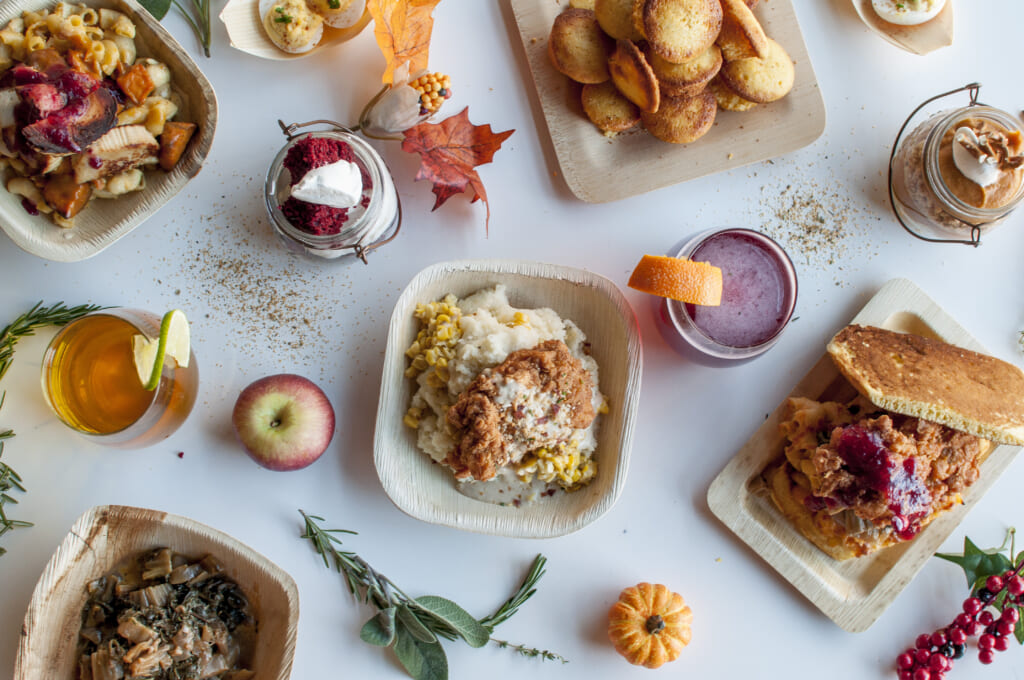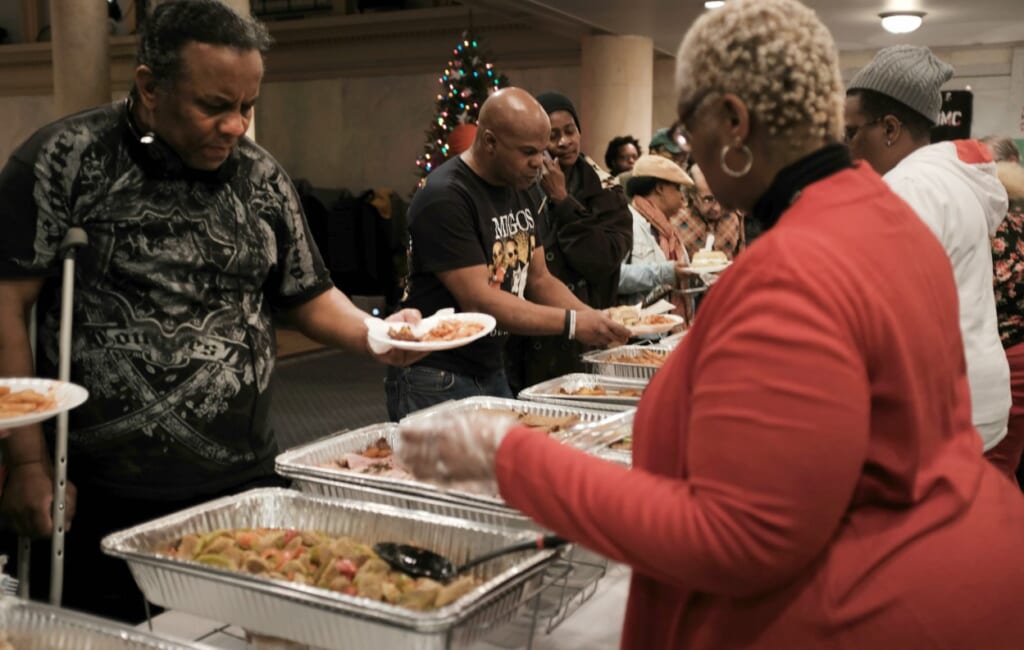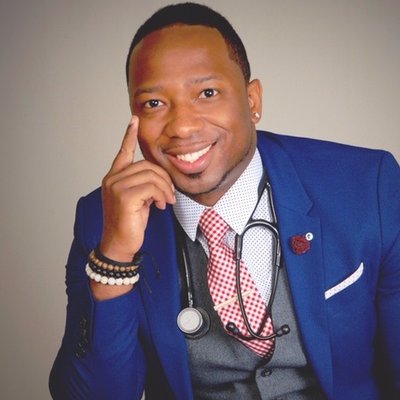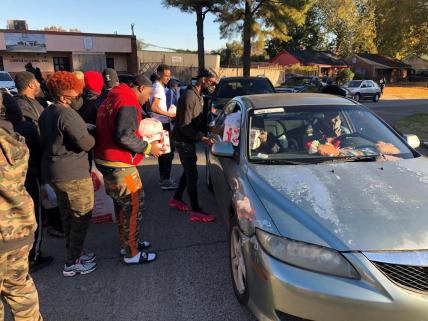Don’t let Thanksgiving throw off your weight loss goals
Rising obesity and diabetes rates — especially in Black communities — compounded by the stress of the COVID-19 pandemic, means that we simply cannot afford to derail our health goals
As the holiday season fast approaches, you may want to resist the temptation to over indulge in your holiday favorites.
Rising obesity and diabetes rates—especially in Black communities—compounded by the stress of the COVID-19 pandemic, means that we simply cannot afford to derail our health goals, not after what our bodies have been through the past 20 months.

COVID-19 created a perfect storm for people who struggle with their weight. Gym and park closures upended exercise routines and stress escalated, especially for parents who suddenly had to work at home while teaching their children. As people struggled to adapt to these changes, they turned to food as a way to cope.
Many Americans gained a staggering amount of weight since the coronavirus outbreak, a phenomenon called the COVID-15, a play on the “freshman fifteen” weight gain that commonly occurs during one’s first year in college.
A recent survey conducted by the American Psychological Association (APA) found that 61% of Americans reported an undesired weight gain or loss since the World Health Organization (WHO) declared COVID-19 a pandemic. The poll, which surveyed over 3,000 people, found that two in five participants gained more weight than they intended, with an average increase of 29 pounds. Of those who reported weight gain, 1 in 10 said they had gained 50 pounds or more.
Despite recent reports of nationwide weight loss, Black communities have struggled to shed the pounds. The mild progress seen still leaves one in two Black Americans clinically obese, compared to 1 in 3 white Americans.
Black Americans’ obesity, diabetes, and high blood pressure rates continue to outpace every other group except Indigenous populations. Targeted junk food marketing, a higher likelihood of living in a food desert, a lack of affordable healthy food options, and systemic inequalities that widen the racial-wealth gap explain this disparity.
Still, we can choose to make healthier choices starting with what we cook and how much we consume on Thanksgiving.
The average American consumes an eye-popping 3,000 calories at Thanksgiving dinner alone, with that number easily swelling to 5,000 calories when you add appetizers, eggnog, and your choice of pumpkin or apple pie for dessert. That’s double or even triple the recommended caloric intake for an entire day.

So it’s no wonder that weight gain routinely spikes from Thanksgiving to New Years, culminating in frantic gym subscription sign-ups on January 1. If you let one bad day on turkey day roll into the following days, weeks, and months, it’s easy to see how the COVID-15 can easily balloon to the pandemic 30.
Most public health guidelines for obesity prevention and maintaining a healthy weight promote eating a low-sodium, low-sugar diet and moderate to vigorous physical activity, but drinking more water, practicing portion control, and reducing the amount of time that you are not moving are useful strategies to stave off holiday weight gain.
You can do this by replacing sugary drinks with water, freezing leftovers so you don’t feel pressured to eat them right away, and playing a game that requires you to be physically active before and after dinner.
It’s unrealistic to tell people what to eat and what not to eat when they are enjoying the holidays with their families, but small changes can go a long way. The holidays don’t have to become a six-week exception to your health goals. Eating in moderation and staying active still need to apply.

Dr. Shamard Charles is an assistant professor of public health and health promotion at St. Francis College and sits on the anti-bias review board of Dot Dash/VeryWell Health. He is also host of the health podcast, Heart Over Hype. He received his medical degree from the Warren Alpert Medical School of Brown University and his Masters of Public Health from Harvard’s T.H. Chan School of Public Health. Previously, he spent three years as senior health journalist for NBC News and served as a Global Press Fellow for the United Nations Foundation. You can follow him on Instagram @askdrcharles or Twitter @DrCharles_NBC.
Have you subscribed to the Grio podcasts, ‘Dear Culture’ or Acting Up? Download our newest episodes now! TheGrio is now on Apple TV, Amazon Fire, and Roku. Download theGrio today!


